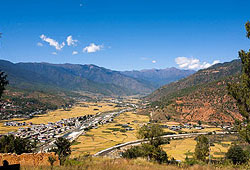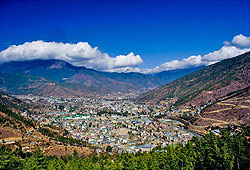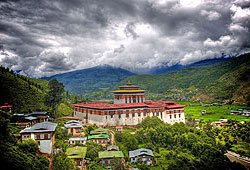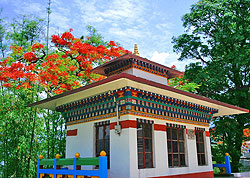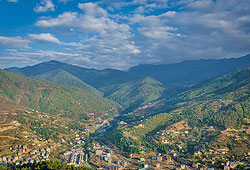
Approved by
Ministry of Tourism &
International
Air
Transport
Association
+91 8130677933 / 44 / 55 / 88

Approved by
Ministry of Tourism &
International
Air
Transport
Association
